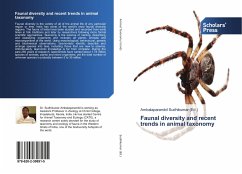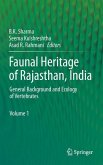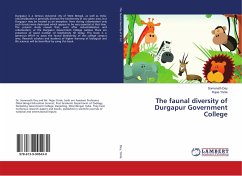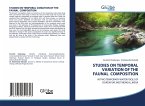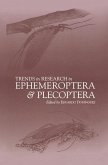Faunal diversity is the variety of all of the animal life of any particular region or time. India has some of the world's most faunal diversity regions. The fauna of India have been studied and recorded from early times in folk traditions and later by researchers following more formal scientific approaches. Taxonomy is the science of naming, describing and classifying organisms and includes all plants, animals and microorganisms of the world. Using morphological, behavioural, genetic and biochemical observations, taxonomists identify, describe and arrange species into taxa, including those that are new to science. Unfortunately, taxonomic knowledge is far from complete. During the past 250 years of research, taxonomists have named about 1.78 million species of animals, plants and micro-organisms, yet the total number of unknown species is probably between 5 to 30 million.
Bitte wählen Sie Ihr Anliegen aus.
Rechnungen
Retourenschein anfordern
Bestellstatus
Storno

